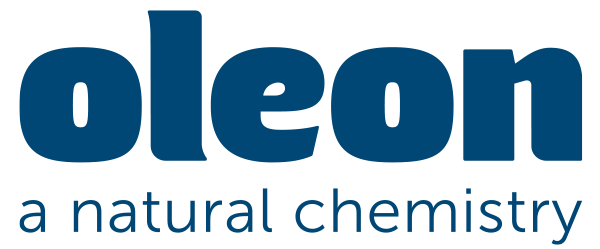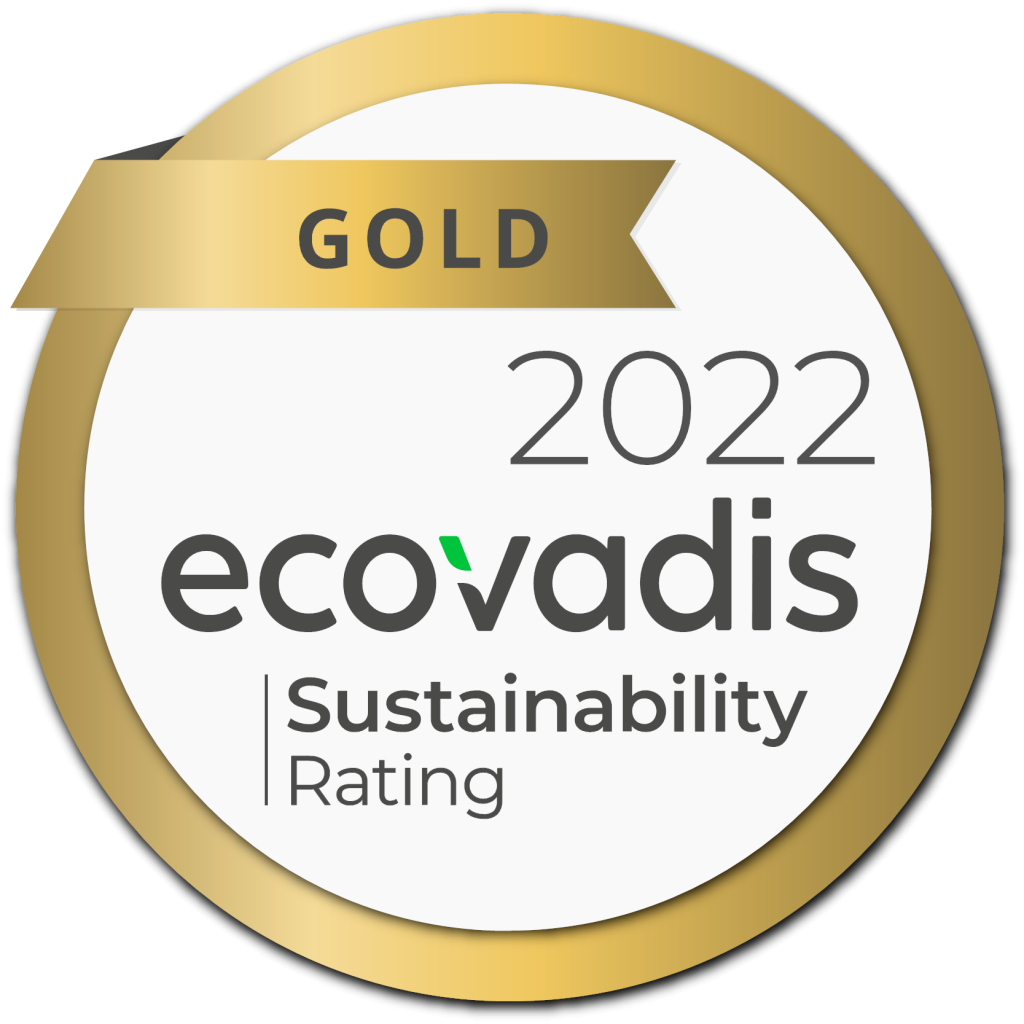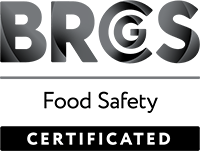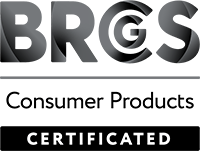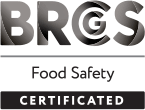Kerfoot, a leading supplier of natural, organic, and bulk packaged oils identified 5 trends that will impact on the personal care (PC) and beauty market in 2023.
The Yorkshire-based company, part of the Avril Group, revealed these trends in line with its strategy of keeping customers informed of the latest industry movements that could impact brand innovation and new product development in the year ahead.
“The ability to keep on top of changing trends are key sales drivers for brand owners and manufacturers,” says Louisa Luxton, Head of Commercial KSO at Kerfoot. “This sector is increasingly fuelled by demand for bio-based and natural PC ingredients, and industry must anticipate and reflect how these can be meshed with innovation in new product development and formulation strategies.”
While not a new trend, 2023 will nonetheless see a renewed focus on greener production methods in line with recommendations set out by Europe’s sustainability goals1. This runs from ingredient sourcing to final packaging. “Brand owners should seize the strategic opportunities of cleaner and greener products by optimising their overall production effectiveness to prevent the waste of energy, water and commodities,” Luxton explains.
This also ties in with one of WGSN’s ‘big ideas’ for beauty in 2023.2. As the recession bites globally, consumers will be embracing frugality as they rethink their priorities and how they choose to spend their money. “Consumers will be looking towards proven ingredients that can be combined in a multi-functional product,3 blurring the lines, but keeping its focus on quality and proven results,” she says.
Brand owners are also starting to use artificial intelligence and machine learning4 to better understand consumer requirements. “The information gained from AI can be used to nurture more meaningful relationships, drive better product reviews, stronger loyalties and higher lifetime spend. These customer insights are instrumental in delivering fully personalised products using the valuable information generated by every customer interaction,” Luxton points out.
As the industry moves towards embracing fluid genders, body positivity and alternative lifestyles it is critical to embrace differences. This will feed into solutions for growing demand for product development focused on diversity and inclusion. An estimated eight in 10 people5 now expect companies to represent a broader spectrum of society in their advertising and, for consumers, inclusivity means streamlining the number of products on offer to make them accessible to more people.
“It is up to suppliers to shift, adapt and respond to change in line with brand owners and personal care manufacturers to future-proof their business. Kerfoot continually collaborates with customers to supply a wide range of clean label oils from a portfolio of over 500 oils. Coupled to supply chain agility and state-of-the art oil blending facilities means that Kerfoot can offer quality and value-for-money ingredients, which will keep products on trend and relevant, especially during these complicated economic times,” Luxton concludes.
Kerfoot’s expertise is based on its decades long history of working in the beauty and personal care sector and offers technical support to brands seeking to use authentic, high-performance plant-based oils.
For more information on Kerfoot’s range of personal care and beauty oils, please visit www.kerfootgroup.co.uk
References:
1Personal Care Ingredients Market Global Forecast to 2027 | MarketsandMarkets
2 Beauty Trends & Forecasts | WGSN
4 Top 5 Applications of AI in the Beauty Industry to Restrain COVID Disruptions (theappsolutions.com)
